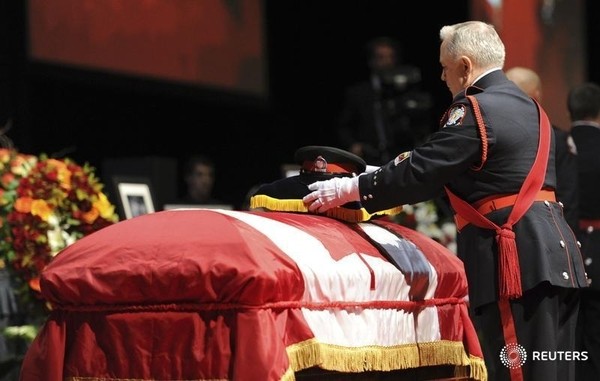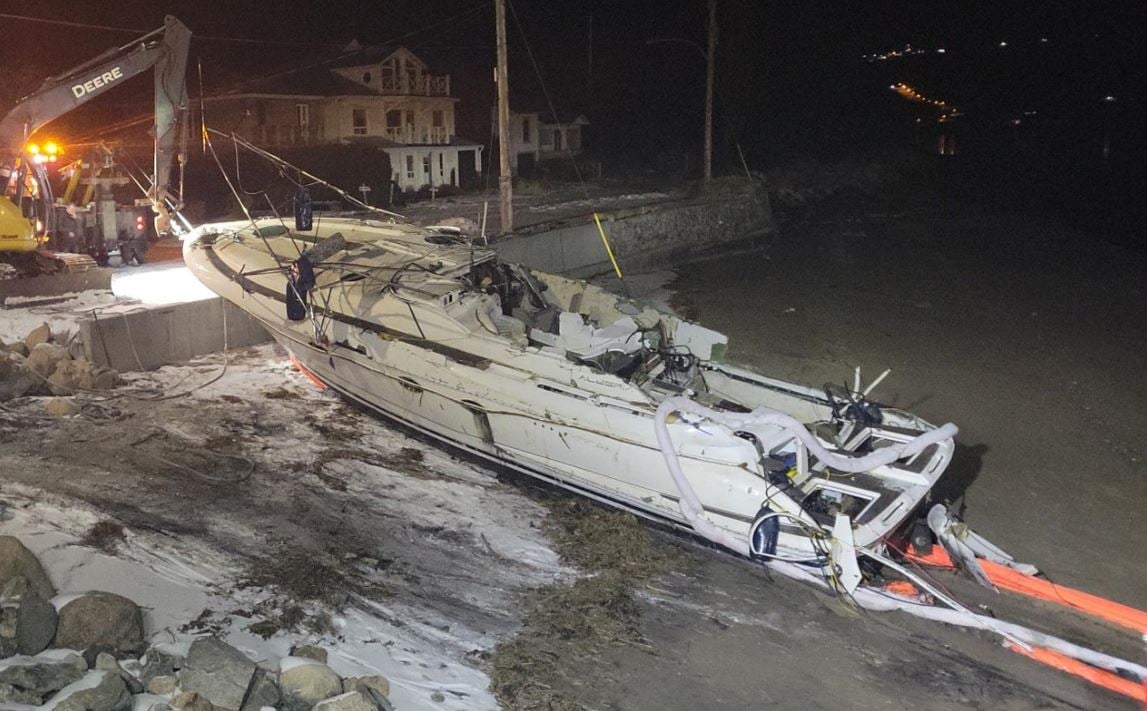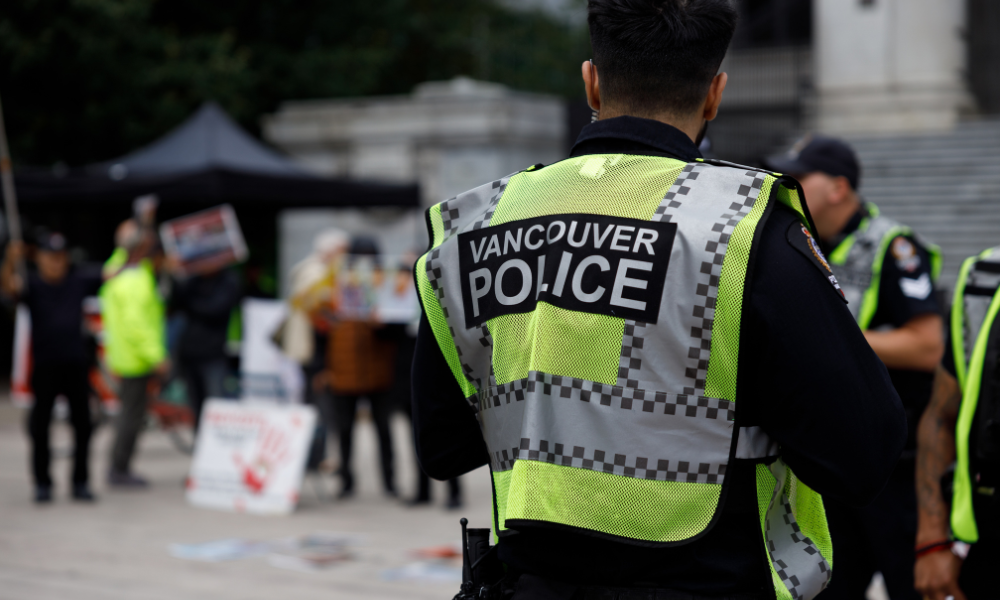Human rights commission argued not including these names was discriminatory

As a result of a legal settlement between the Ontario Human Rights Commission (OHRC) and the Toronto Police Service, officers who die from mental health injuries — not just physical ones — sustained in the line of duty will have equal opportunity to have their names included on the police service's memorial wall.
The OHRC filed an application with the Human Rights Tribunal of Ontario in 2015 alleging that not including the names of officers who die from mental health injuries experienced in the line of duty on the memorial wall is discriminatory.
While the chief of police was in the process of developing criteria for the memorial wall, the settlement requires the Toronto Police Service to work with an appropriate expert to develop a procedure by Oct. 31, 2017 to ensure that members who die from mental health injuries sustained in the line of duty have the same opportunity to be included on the memorial wall. An expert will also review and report on the procedure’s effectiveness after three years. Applications to memorialize officers will be accepted regardless of whether their death occurred before or after the procedure is issued.
It is well-recognized that the official duties of police officers can lead to serious mental health disabilities including post-traumatic stress disorder (PTSD), and in some cases, death by suicide.
“Policing is a challenging and sometimes traumatic profession,” said OHRC chief commissioner Renu Mandhane. “Yet, police officers who sustain mental health injuries as a result of their work still face a great deal of stigma. Beyond ensuring that all members who lose their lives in the line of duty are treated with the same degree of recognition and respect, this settlement should signal to current members that they can seek support for mental health issues without being labelled as weak or unsuited to policing.”





